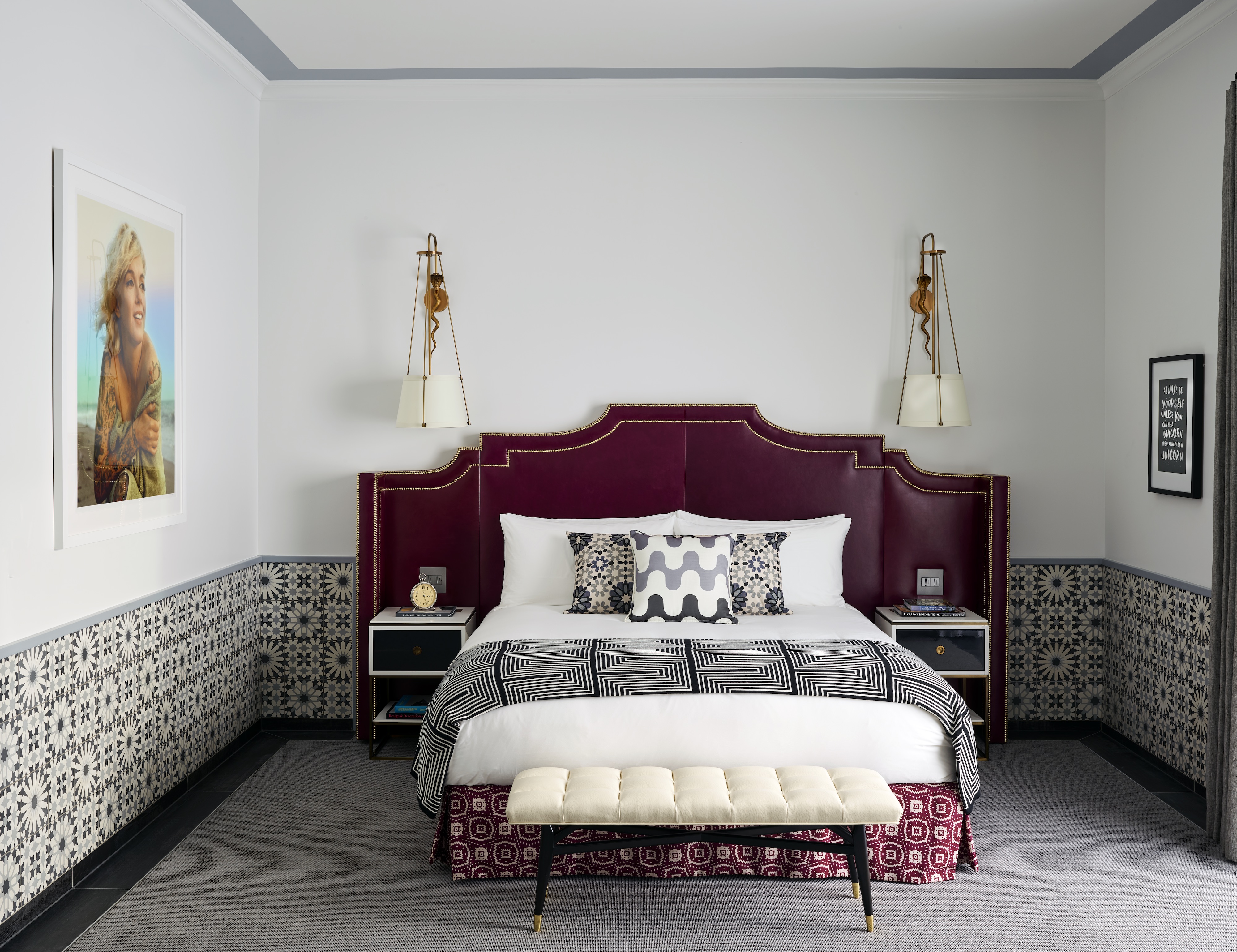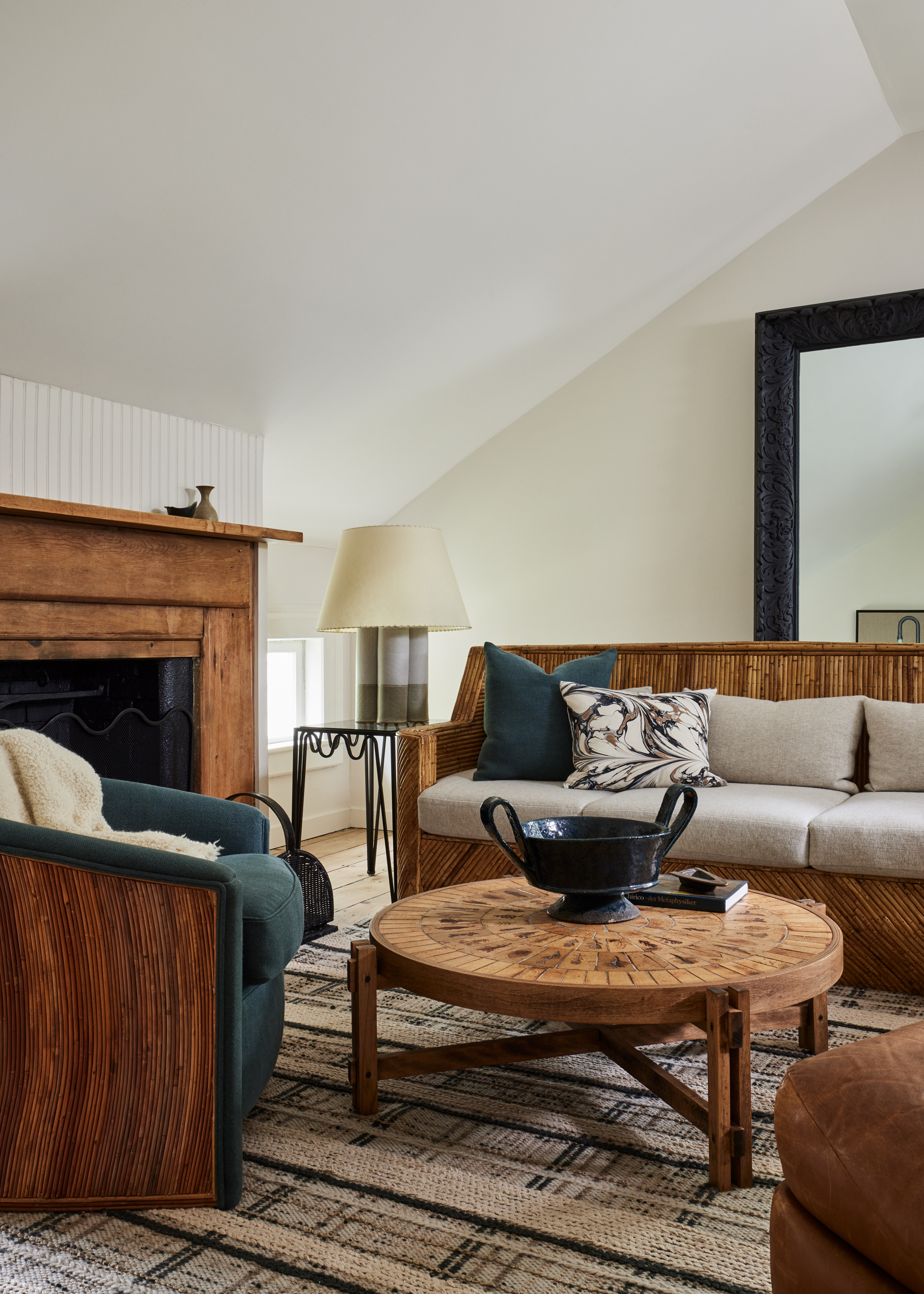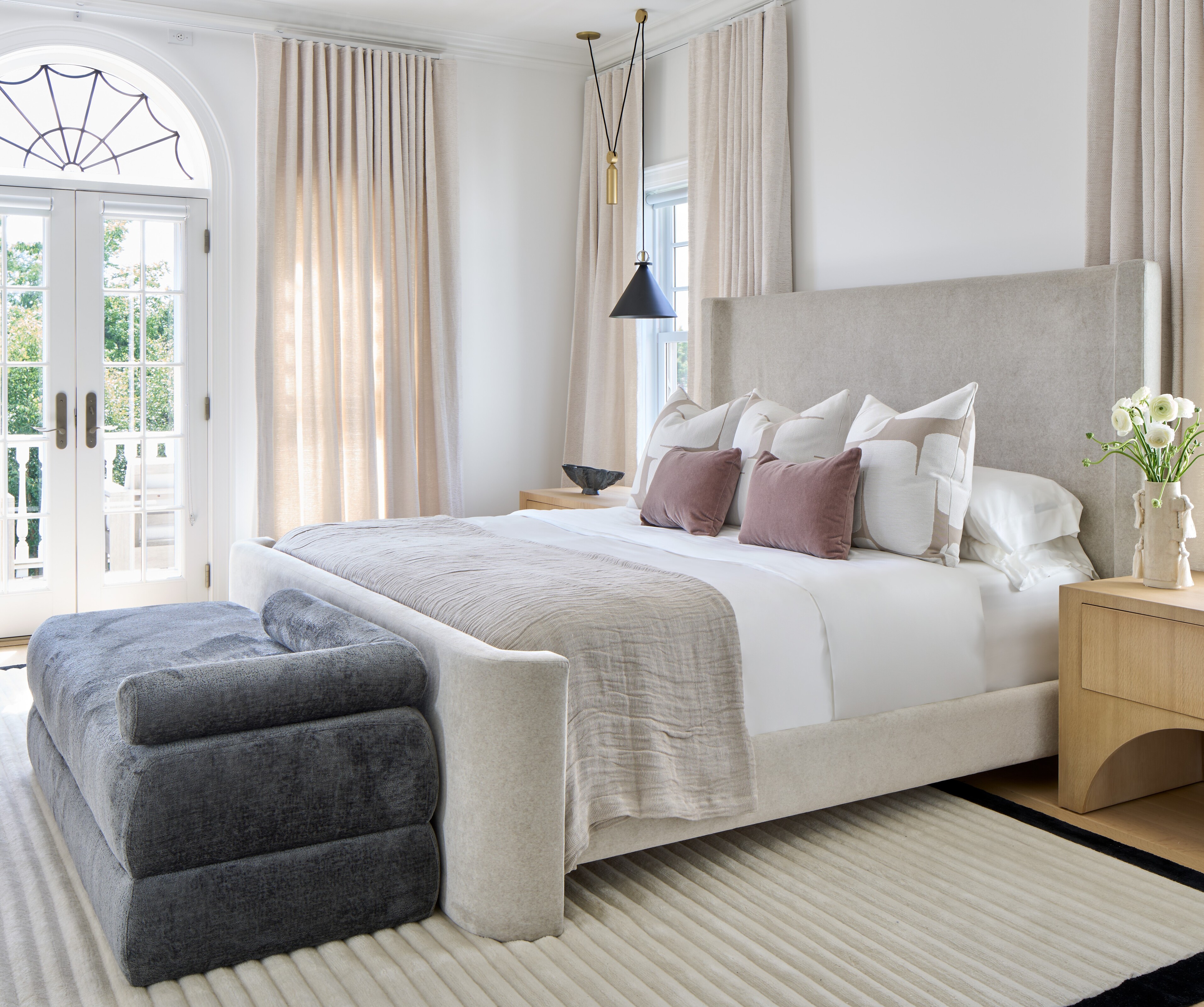
Feng Shui can be confusing if you aren't familiar with it. It can seem like you need a degree to feel qualified to engage with it. Meaning there are many possible mistakes you are currently making in your home that are ruing the flow of energy.
However there is one central tenant that is simple to understand and underpins much of the philosophy of Feng Shui that you can easily implement into your space. The command position is the most important lesson you can take from Feng Shui that will dramatically alter the way you live in your space. It is a foundational concept that looks to create a room that empowers you with control and security, whether you're looking at bedroom, kitchen or living room Feng Shui.
If you can only take one thing away from Feng Shui let it be this.
What is the command position in Feng Shui?
Although it might sound scary and aggressive, it is actually focused on preserving your safety. We are a big fan of creating a space that feels safe and comforting, hence why we love the trend minimaluxe so much, which is founded on calm.
'The command position describes the placement of key pieces of furniture to reinforce a sense of stability and control,' says Feng Shui consultant Suzanne Roynon.
'It is used to locate beds, chairs, and desks to give the occupants a direct line of sight to the door and a solid wall behind them to strengthen their position. This ensures they feel safe and secure, whether for sleep or to focus on work.'
'If you imagine the office of a CEO, you’ll find the desk is situated with a clear view of the door, the CEO knows what’s coming, is all-powerful in the space and very much in command. In contrast, subordinate members of staff often sit facing a wall with their back to the room. It makes them feel vulnerable and at risk. This is a position which can cause anxiety and stress,' she explains.
Of course, the idea extends well beyond home office Feng Shui, and no one needs more stress in their life, which is why you should follow these steps to get in line with the command position and create you most calming environment yet.
1. Remove clutter
'The mistake which causes most problems in homes, regardless of the use of Feng Shui, is clutter,' says Suzanne, 'aside from representing wasted money, clutter blocks the flow of ‘chi’, the vital lifeforce energy needed in every home.'
The number one task for supporting the Feng Shui of your home is to organize. Luckily there are plenty of effective decluttering methods out there to get you started.
Clutter can cause relationship issues that contribute to an unhealthy home. 'It causes arguments, and tension, and can trigger negative memory associations leading to emotional damage.'
But it also has physical implications for your energy. 'At a practical level clutter reduces available oxygen, is a dangerous fire risk, impedes movement causing trips and falls, and harbors spiders and potentially vermin,' she explains. Feng Shui places a lot of emphasis on the quality of air, meaning dust-filled clutter is a big no-no.
2. Remove TV from the center of your living room

This might be difficult to fathom if you are a big TV lover or massive film buff but a large problem in modern interior design is placing the bedroom at the focal point of the room. This is because it is working against the command position principle. Don't worry though your new arrangement can still be up to date with the latest modern living room trends.
'When arranging furniture in the living room, we tend to orient everything around the TV. This can often leave us having to face the couch away from the door. When we don't have a clear view or at least a peripheral view, we can feel vulnerable, unsafe, and exposed. And like we're not "in command" of our space (or even life),' explains Esmerelda Salinas, Feng Shui expert.
Unless the door to your living room is directly below your TV it is time to change your layout. But beware of where should never place your sofa. 'When arranging couches make sure you are placing yourself where you can have the widest view of the room possible! You will feel much more at ease.'
3. Have a room with purpose
Giving your room a purpose might seem obvious and something that you already do but it will help you to hone the command of your space. The command position is all about being in control, so assigning a purpose to your room is important in retaining that control.
'Making sure each room has a certain purpose is important for the command position, i.e. a bedroom for rest and romance, an office for work, a living room represents the family and friends,' says professional Feng Shui expert Kerstin Tracey
This will likely be the easiest rule to implement as it is somewhat self-explanatory however perhaps you will find an anomaly. In which case make a switch and give your room a center and purpose.
4. Have your bed against a solid wall

Lastly and probably most importantly, bed placement. This has been a reoccurring theme among mistakes feng shui enthusiasts notice in your home.
'Sleeping with your back to the entrance is a terrible thing to do,' says Gary Hawkes, a Feng Shui expert.
'Part of our brain is primitive we have an animalistic part to our selfs that is preoccupied with survival and not being able to see the entrance and who’s entering is very unsettling for that part of our brains so we cannot fully relax with our backs to an entrance, we remain alert and tense which burns our energy.,' he explains.
Instead, your bed should be placed against a solid wall, preferably with a headboard. you should be able to see the door from the bed but not be in line with it. There is other guidance on where your bed should face, but this one is non-negotiable if you wish to follow the command position.







